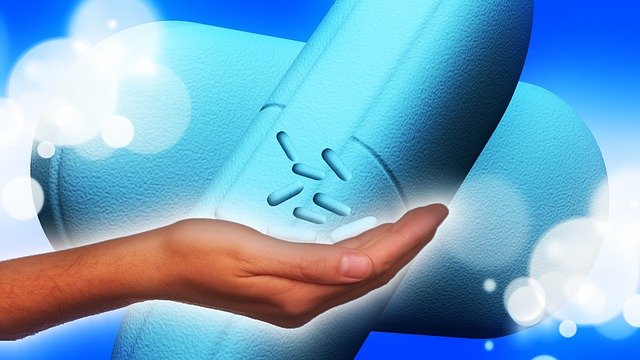Why the Penis Shrinks With Age

So many men are obsessed with the size of their penis, and it could be under threat. The million-dollar question is, can your penis shrink? Definitely, but it doesn’t happen overnight; it happens with age. Many men may not notice since it occurs gradually, but when the bells go off, it can be debilitating and significantly impact one’s confidence. Additionally, with age, erections are limper and get smaller, but there is nothing you can do to stop your penis from shrinking. However, there is a lot you can do so it doesn’t worsen. Santa Monica male enhancement doctors are here to help you. Contact us by calling 855-930-2771.
Can the penis shrink?
Yes, the penis can shrink with age. Over time it can lose roughly a centimeter of length. As this gradually occurs over the years between your 40’s to ’60s, some men, especially their partners, will not notice.
Rightfully so, these issues can impact men’s self-esteem; however, it’s important to note that you are not the only one. It is a common issue amongst aging men, and there are things you can do to help your penis from looking smaller. Our male enhancement clinic in Santa Monica, California, helps men, just like you, who are insecure about their size and want to increase their girth or length healthily. Contact us for a free consultation by calling 855-930-2771.

Why does penis size decrease with age?
The penis decreases with age for many reasons. Naturally, the body goes through many changes as we age, which occurs to the penis because the body is all connected. Reasons for this is caused due to:
- Reduction in testosterone and sperm production in the testicles. Testosterone reduction can decrease libido and penis size. Additionally, when the testicles do not produce sperm, they seem smaller, giving off the appearance that the penis is shrinking.
- Increase in fatty deposits in the arteries. This process inhibits proper blood flow to the penis. The muscle within the erectile tubes inside the penis become weaker.
- Reduction of collagen and elasticity. Our skin loses elasticity and collagen, which also happens in the penis. The older we are, the cells age and die. This process affects the blood flow to the penis, and without proper circulation to your penis, erections are smaller and not as firm.
- Weight gain. Weight gain can make the penis appear more minor, but it doesn’t necessarily mean it’s shrinking. The abdominal wall and the penis are connected, so when you gain belly fat, the penis pulls inward, making it appear shorter.
- Scar tissue. Scar tissue can occur in the penis from previous injuries acquired during sports or sex, which can reduce penis size and weaker erections.

How to Stop Penis Shrinkage
The best thing you can do for your health is to lose weight if you are overweight and make healthy decisions such as eating a balanced diet and exercising. The anatomy and physiology of the human body act as a machine. If one system in the body isn’t functioning correctly, it affects other parts and is a domino effect. Research has shown that losing weight can increase your size by 2 centimeters in length.
You can do several other things to keep your penis functioning healthily.
In some instances, such as when diseases like prostate cancer cause a hormonal imbalance, the penis can “inflate” with the help of hormonal therapy. Other things you can do to help stimulate blood flow to the penis are:
- Masturbation helps promote blood circulation to the penis and reduces the risk of penis shrinkage.
- Exercise regularly
- Stay hydrated. Dehydration can prevent blood from flowing correctly to the rest of the body.
- Continue having sex
- Wear loose underwear to prevent the testicles from getting too hot and shrinking.
- The last resort is taking viagra to promote blood circulation to the penis.
Who to contact for penis issues?
Contact our Santa Monica male enhancement doctors if you are having issues with your penis and have noticed a shrinkage. We help men gain their confidence back. Contact our non-surgical male enhancement doctors by calling 855-930-2771 for a free consultation.
